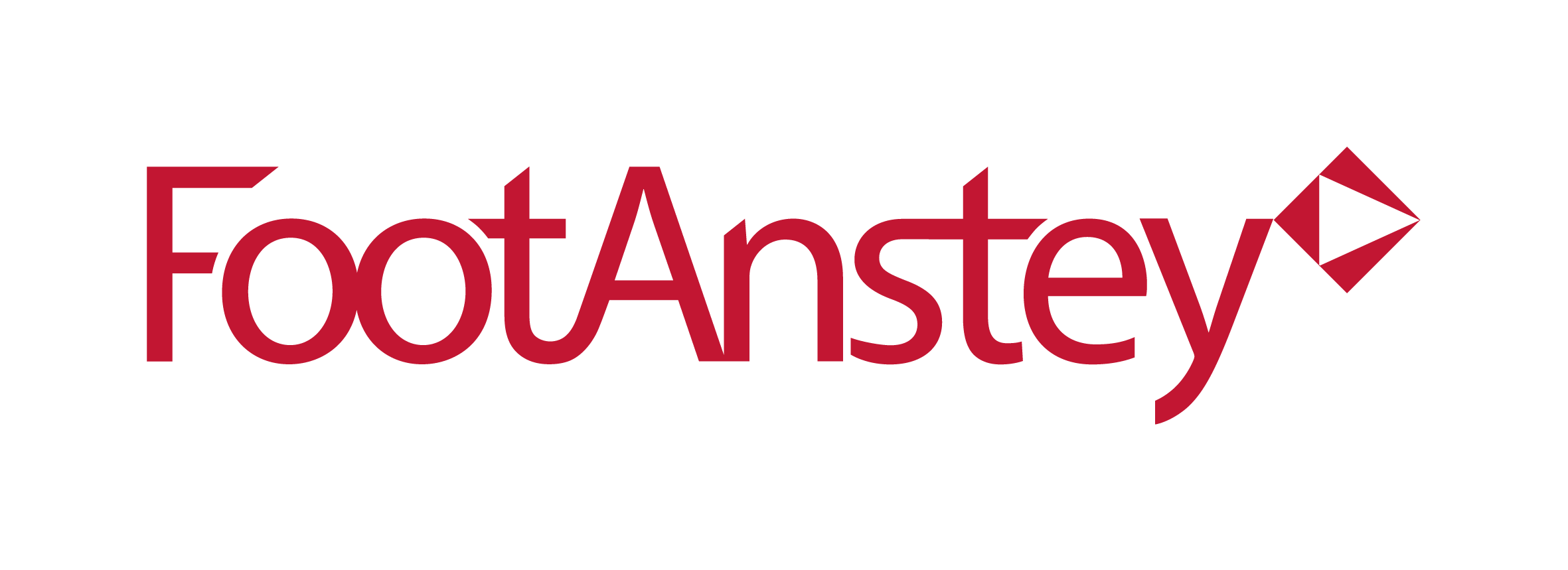Since arriving in Bristol just under a decade ago, Foot Anstey has quickly made its mark on the local legal market. Now numbering over 150 staff in its offices near Temple Meads, it has been highlighted as one of the fastest growing law firms in the country.

This rise has been fuelled by its enthusiasm for combining technology and innovation to create value for clients. The company started with focussed solutions that could automate repetitive processes to free up lawyers’ time and improve accuracy. Since then, it has experimented with technologies to help improve transparency and the communication between lawyer and client, as well as to improve central sources of key information and documents reducing the number of duplicate documents during a deal or dispute.
In recent years, Foot Anstey has become particularly interested in legal tech, an emerging ecosystem of bespoke tools for lawyers. However, it doesn’t just want to buy-in off the shelf products; the firm is building them itself.

“Co-design and partnership have to be at the heart of legal tech” says Dave Bloor, Foot Anstey’s CTO.
“You need to be in the same room, challenging each other’s assumptions and shaping the product to fill a gap.
“Lawyers, developers and vendors need to leverage each other’s expertise and boots on-ground experience to really solve the problems and inefficiencies in the legal services market.”
Foot Anstey has applied that mantra to its shared endeavours with both clients and tech firms. A pilot with Robin AI in 2020 has already produced promising results, allowing the firm to automate aspects of non-disclosure agreements and contract negotiation. In addition, this close collaboration has enabled the two firms to explore fresh opportunities, including piloting additional uses of the technology to improve the delivery of legal services.
Of course, Foot Anstey isn’t only interested in technology for its own benefit. Experienced tech lawyer Martin Cuell heads a practice advising both buyers and sellers of digital services, including many businesses in Bristol and Bath. He has watched their needs change over the course of the past few years, with 2020 no exception.
“What lockdown and working from home have confirmed is that many businesses, even small ones, are now totally dependent on technology to exist,” he comments.
“A bit of down time here or there, for example, is no longer accepted as a fact of life – not when the buyer can see it costing them money.
“That influences how you approach things from a legal perspective. To ensure the right balance between flexibility, cost and risk, the bargain between supplier and purchaser may need to be reviewed more regularly in the future.”
Away from the office, Foot Anstey technologists have also supported and facilitated sessions for Bristol and Bath Legal Tech, a local group that brings together like-minded people from different companies to crack or hack problems common to all law firms.
As for Foot Anstey’s own future, the technology team are busy building out new client-facing products, which will launch in 2021.
With Bristol’s reputation for innovation and willingness to embrace technological change, there is sure to be appetite from the city’s businesses.













